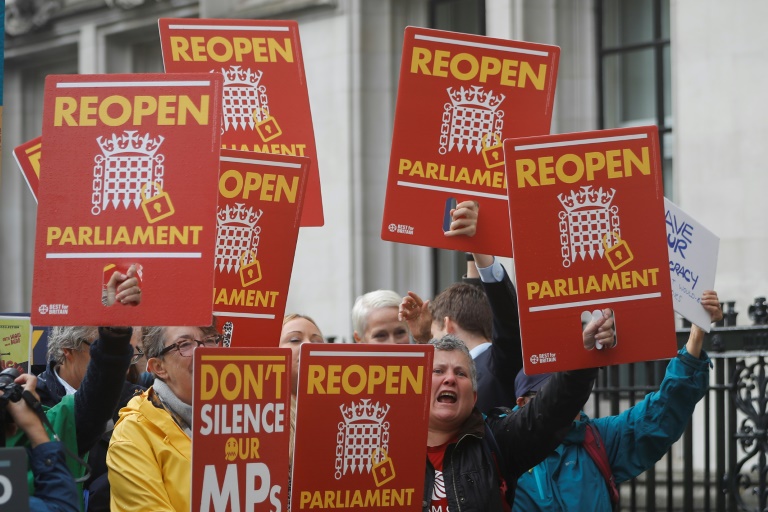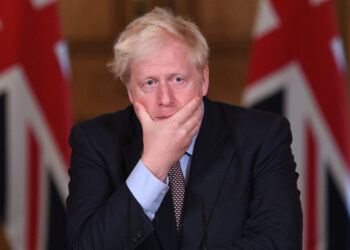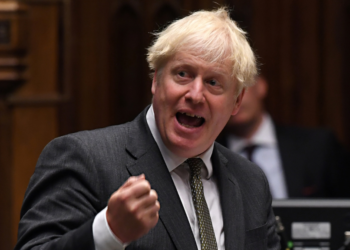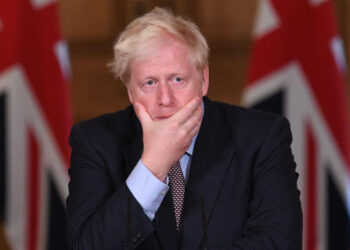“The question arises in circumstances which have never arisen before and are unlikely to arise again. It is a one-off,” said Lady Hale, President of the Supreme Court of the United Kingdom, in handing down yesterday’s decision to declare the controversial suspension of parliament in the run-up to Brexit unlawful.
Unlikely to arise again, yes – especially given the Court’s thinly-veiled contempt for the suggestion that the exercise of this particular power was not justiciable. But a holistic view of the historical evolution of the Westminster system – and the fact that this bizarre set of circumstances should even come before a court of law in the first place – highlights a crack in the fundamental set of rules governing British politics today.
A “one-off”? Wishful thinking perhaps.
UK Supreme Court: "The Court is bound to conclude, therefore, that the decision to advise Her Majesty to prorogue parliament was unlawful." pic.twitter.com/Yvc5N0nVxR
— euronews (@euronews) September 24, 2019
Unlike in the United States and most of continental Europe, where a set of black-letter policies prescriptively addresses congressional norms and boundaries of power, legislative and executive actors in Britain find their “rulebook” somewhere amongst a tangled web of unwritten conventions, traditions, social consensus, and case law.
No formal constitution exists; instead, royal prerogative is vested in the Queen, who is expected to act at the discretion of the sitting prime minister (a position you won’t find listed in any actual set of parliamentary rules), and who is expected to act in accordance with a vaguely-defined set of ethical and professional conventions.
Colonial offshoots, such as Australia and Canada, often go one step further, adding a Governor-General to represent the Queen in this mix. Strangely enough, it would seem as though a judge also fits in at some point now, although this author wouldn’t profess to know where.
‘Ceremonial’ Powers
Prorogation has received an unexpected shove into the limelight this week, but what other powers could but usually aren’t enacted as a result of this historical hangover?
Almost all of the truly terrifying ones, it turns out. Not to suggest that declarations of war might one day come again from Buckingham rather than Westminster, it is nevertheless worth remembering that these so-called ceremonial powers were invoked in the relatively unceremonious dumping of Australian Prime Minister Gough Whitlam in 1975, at the behest of the then Governor-General John Kerr.
Thanks to imperial escapades in the 18th century, the British monarchy reserves the powers to do just about anything and everything; from blocking budgets in the Bahamas to pardoning pirates in Papua New Guinea.
Republican movements in a number of Commonwealth countries have leaned on this argument, in some shape or another, for years. The suggestion that these powers be formally codified and attributed to a democratically-elected body, however, is not tantamount to a call for revolution and could actually be said to intersect with an idealistic view of the representative monarchy. There’s nothing to say, for example, that these powers couldn’t be defined such that their enactment at the will of the royal representative also necessarily depends on obtaining Parliamentary approval.
Abuse of Power
The often-touted theory goes that Westminster systems – the British model, in particular – have refrained from adopting strict sets of rules about the exercise of power to remain flexible to changes in societal norms over time. In retrospect, this view certainly holds value over the course of the 20th century, as Commonwealth nations developed from colonial outposts into independent states, and as our understanding of the values underpinning representative democracies matured and refined.

But in today’s world, few would argue that certain situations can be said to be in line with democratic ideals. Take, for example, the appointment of Governors-General in both Australia and Canada (which is the choice of the British monarch at law, but of the Prime Minister in practice).
Writing on the interaction between these powers and the British “constitution” more broadly, historian Robert Saunders suggests, “It relies on trust and a common commitment to its unwritten rules. That has allowed it to adapt and evolve, but leaves it dangerously vulnerable to the abuse of power.”
Taking even the most cursory of glances through Supreme Court President Lady Hale’s judgment, it seems apparent that she would agree.
Disclaimer: The views and opinions expressed here are those of the author and do not necessarily reflect the editorial position of The Globe Post.






















